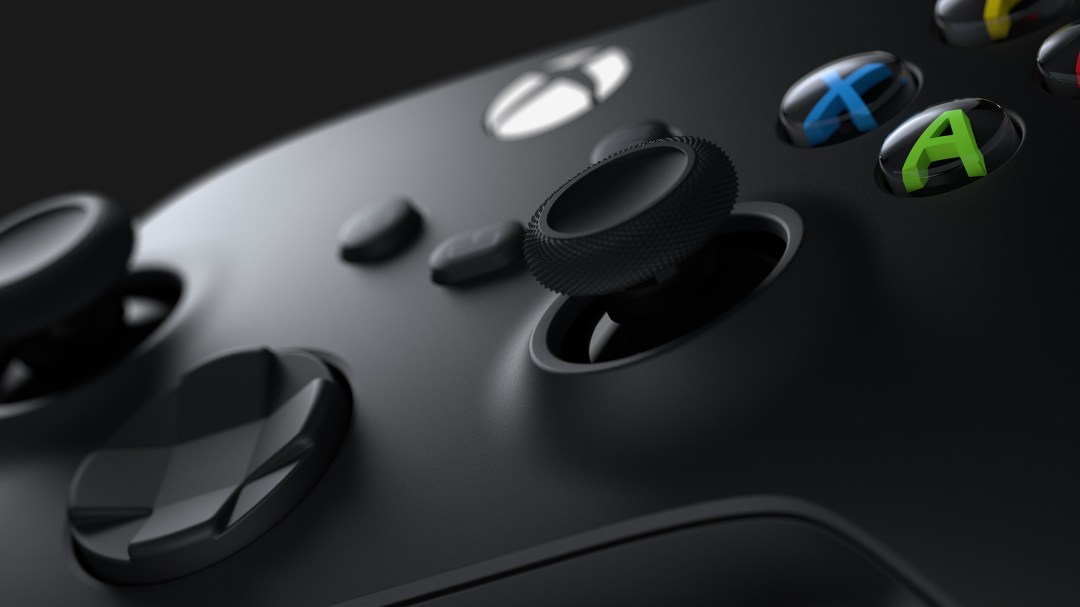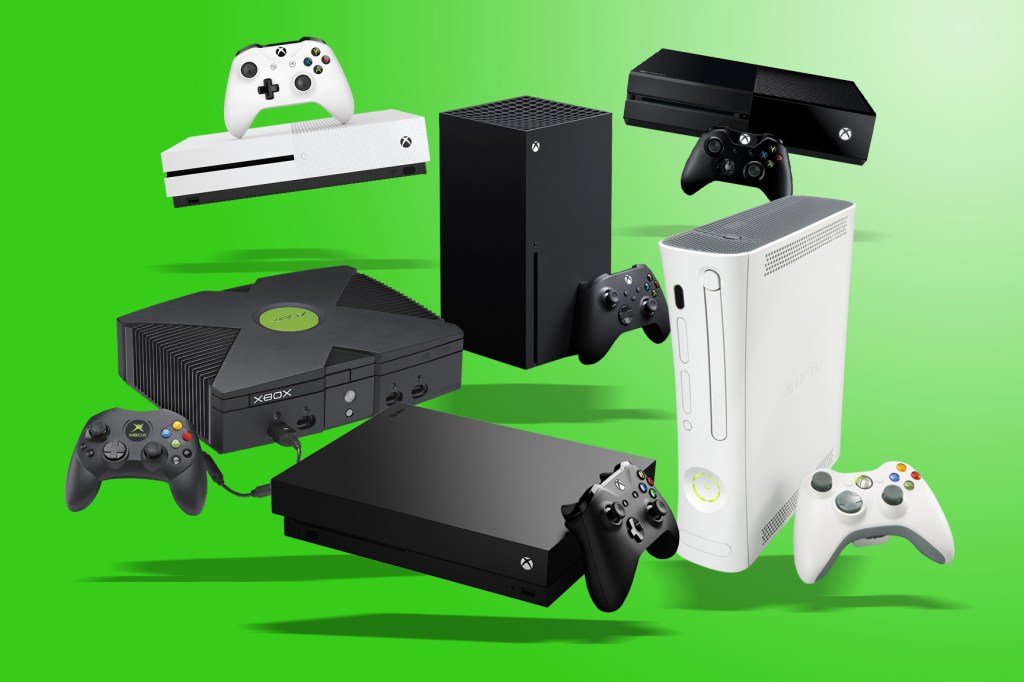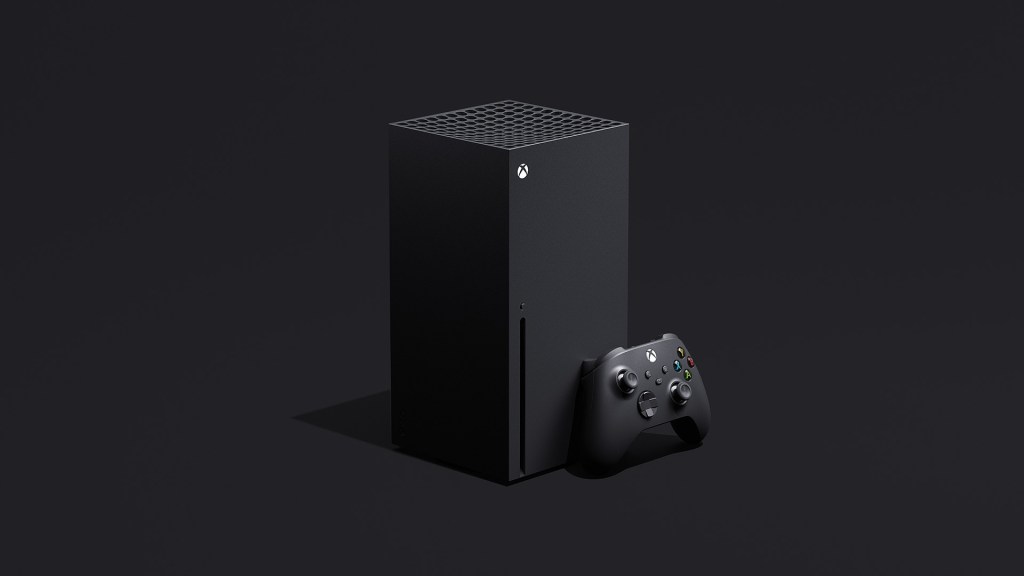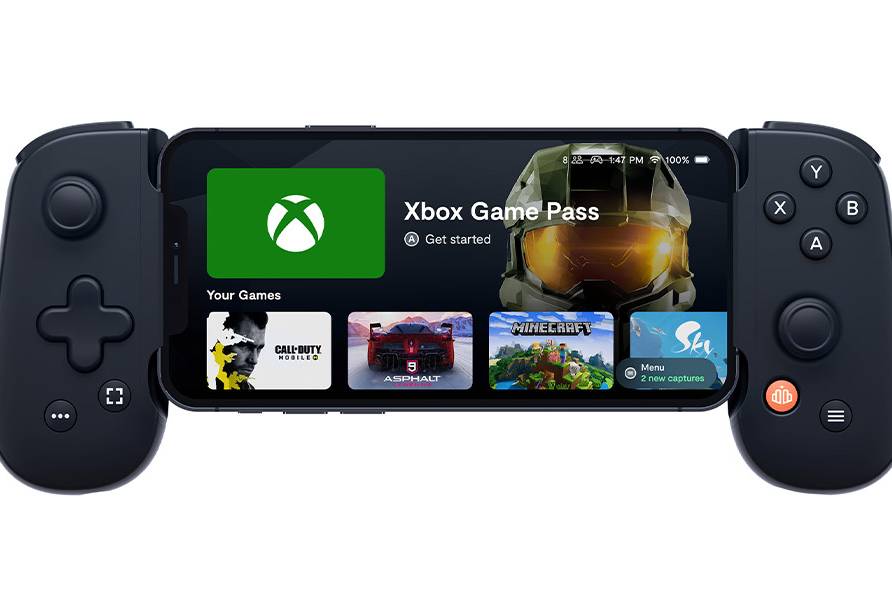Next-gen Xbox: everything we know about the Xbox Series X and S follow-up
A sequel to the Series X and S is inevitable. Here's the latest info

The Xbox Series X and its smaller sibling the Series S are Microsoft’s current generation consoles.
We now know a new Xbox, codenamed Brooklin, is coming in 2024, but it’s a refreshed Series X, rather than a next generation of console. We also know we’re getting a shiny white Xbox Series X, but it seems like this release is little more than a console paint job.
While there’s a lot of life to be eked out of the Series X and Series S yet, a completely new Xbox generation is undoubtedly on the way. Whether it’s called Xbox Series Y, Z, or something entirely different, Microsoft has confirmed it is definitely coming – more on that below.
- Latest details: Microsoft says the next Xbox is set to ‘deliver largest technical leap seen in a hardware generation’
Sony’s plans for the PS5 Pro are also advanced (of course, we already have the PS5 Slim).
The console generation cycle isn’t fixed, but there was eight years between the Xbox 360 and Xbox One. After that, there was a jump of another seven to the 2020 launch of the Xbox Series consoles. It doesn’t seem like there will be quite as long a wait this time.
Next-gen Xbox: what we want to see
What’s inside?

Microsoft tried something new with the chips inside the Xbox 360. But all its other Xbox consoles have used processors not too dissimilar to those you’d find in a PC. We see no reason for it to change. That is, except a little thing called Apple Silicon.
The M1 and M2 processors in Apple’s MacBooks and desktop Macs have shown how much power and efficiency can be wrung out of ARM designs. A recent job listing has been unearthed for a ‘Principal System On Chip Silicon Architect’. It suggests Microsoft may be going the same way.
If we see an ARM processor as speedy as the M2 in a future Microsoft Surface, there’s no reason why we couldn’t see one in an Xbox too. As we’ve seen in the CPU and GPU performance of the M2, plus the ARM chips in phones, tablets and the Nintendo Switch, they’re more than capable of running the kinds of games we want to play.
One thing that makes this less likely is that we think Sony will have to do the same thing. The console war requires constantly larger performance figures. Neither side can be seen to give ground to the other, after all. Nintendo managed to withdraw from the race with the Wii, Yet it brought enough innovation with the Switch for it not to matter.
Pile on the power

We’d like to see a new Xbox that’s got more processing grunt than the current generation. Our TVs all sport 4K resolutions, and have HDMI ports that can accept higher frame rates. Simply put, the next generation of consoles need to target 4K at 60fps. We’re not too fussed about seeing 8K output right now. The processing overheads for a games console are too great. But hitting the 4K target in every game should be a minimum. With higher frame rates a possibility for silky smooth action games.
With great processing power comes the need for more RAM. More SSD storage allows the Xbox Series X to load games quickly, meaning less of a pause between levels. We’ll also need more of it, as game assets get larger with every passing console generation.
- Read: Best streaming device
The disc drive could also be dropped as it will be with Brooklyn. The Series S console currently doesn’t have an internal Blu-ray drive, relying on its internet connection and the Xbox Store to get games. As games get larger, being able to fit them onto Blu-ray discs – which have a top capacity of 100GB at the moment – will get harder. We’d like to see the new Xbox have loads of fast internal storage to get around this. Really fast broadband connections wouldn’t hurt, either.
The official Xbox tweet (below) accompanying the February 2024 announcement made clear that Microsoft has a “robust and innovative multi-year hardware roadmap”.
Xbox president Sarah Bond said the next Xbox is set to deliver “the largest technical leap ever seen in a hardware generation.” You can watch the full video below. “We’re also invested in the next-generation roadmap.” This proceeded the aforementioned claim: “What we’re really focused on there is delivering the largest technical leap that you will have ever seen in a hardware generation.”
Microsoft Gaming chief Phil Spencer also spoke with The Verge and expanded on the next-gen info. “I’m very proud of the work that the hardware team is doing, not only for this year, but also into the future.
“[We are} really thinking about creating hardware that sells to gamers because of the unique aspects of the hardware. It’s kind of an unleashing of the creative capability of our hardware team that I’m really excited about.”
Going handheld?

Microsoft has never made a dedicated handheld console, so we’d like to see something like the newly announced Sony Project Q that can tap into its streaming service through Xbox Game Pass. Right now, you need to be subscribed to the Ultimate tier of Xbox Game Pass to get access to Cloud Gaming, which is still in beta. You can stream to handheld apps from your Xbox console too, but an Xbox-branded device that can stream full Xbox games over the internet would be a really nice gadget to have.
A handheld could fit nicely into the two-tier hierarchy Xbox currently uses, with a more powerful console that’s tied to your TV complemented by a Switch-like smaller version that targets a lower resolution and which can be used handheld.
Once again, it relies on fast and reliable internet infrastructure for its functionality. This will be evident when streaming at resolutions greater than 1080p. The next Xbox is unlikely to be a Switch-like device that can move from being a handheld console to one that connects to your TV, but we’d really like to see Microsoft stepping out from its rectangular box roots.